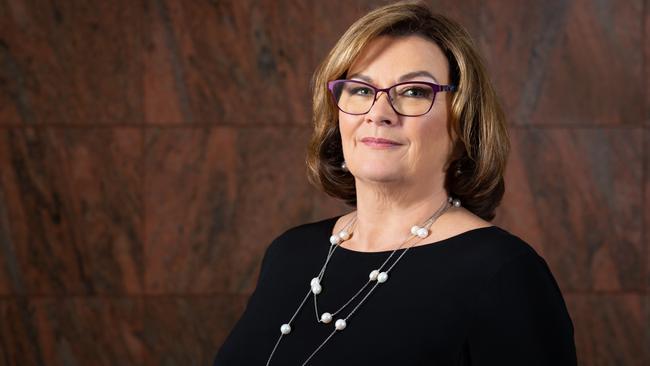Retirement costs are rising at fastest pace since 2010
Retiring comfortably now costs significantly more than it did a year ago as rising household expenses bite hard. SEE THE LIST
National
Don't miss out on the headlines from National. Followed categories will be added to My News.
Retirement costs are climbing at their fastest rate in more than a decade, driven higher by surging fuel prices and a sharp jump in council rates and other fees.
A comfortable retirement now costs a couple $63,799 a year ($1222 weekly) and a single senior $45,239 ($867 weekly), a jump of almost 3 per cent since 2020, according to a new report from superannuation industry group ASFA.
Rising global oil prices lifted fuel costs 7.1 per cent in the September quarter and 24.6 per cent annually, it found, while council rates rose an average 3.3 per cent after last year’s Covid-related rate freezes.
ASFA deputy CEO Glen McCrea said it was the biggest annual jump in retiree budgets since 2010, and many now faced “significant pressure” as it was difficult to dodge price rises in essential costs.
Mr McCrea said during the pandemic’s early stages many councils and insurance companies kept their rates and premiums down “but now they’re looking to increase those fees”.
Household appliances and furniture costs were also climbing amid global supply chain problems, and the price rises showed the importance of building sufficient retirement savings, he said.
“No 60 year old ever looks back and says ‘I wish I had less in super’,” Mr McCrea said.
“The more you have in super, the better.”
Mr McCrea said Australia’s move to 12 per cent compulsory superannuation in the coming years would help people achieve this, as would the July 2022 changes to make employers pay super to all workers – even those earning below $450 a month who were currently excluded.
He suggested seniors try to minimise the impact of rising costs by shopping around for lower prices, buying in bulk where possible, and negotiating better deals with bill providers.
JBS Financial Strategists CEO Jenny Brown said she was “not surprised” the cost of retirement had climbed sharply as higher transport costs had a flow-on effect on staples such as food.

“If you want to eat healthily it costs a lot more than it did 12 months ago,” she said.
Ms Brown said it was tough for many retirees to handle the rising cost of living because they did not benefit from rising wages.
“You can be savvy with your utilities but there’s only so much you can do,” she said.
“Shop around and make sure you have the right electricity deal, gas deal, telephone plan and internet plan.”
However, some retirees had been able to cover recent cost rises because their discretionary spending on travel and entertainment had been lower in the past 18 months.
“We have found a lot of our clients have saved a lot more than they would have otherwise,” Ms Brown said.
“But going forward they need to make sure they plan for the future knowing that the cost of living will continue to rise – you need to know you have enough put away,” she said.
Originally published as Retirement costs are rising at fastest pace since 2010





